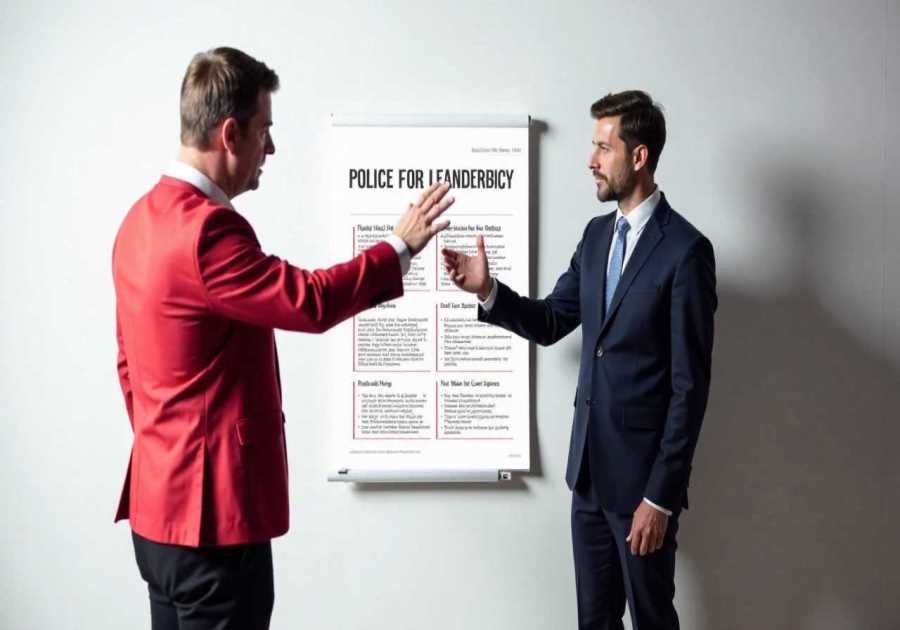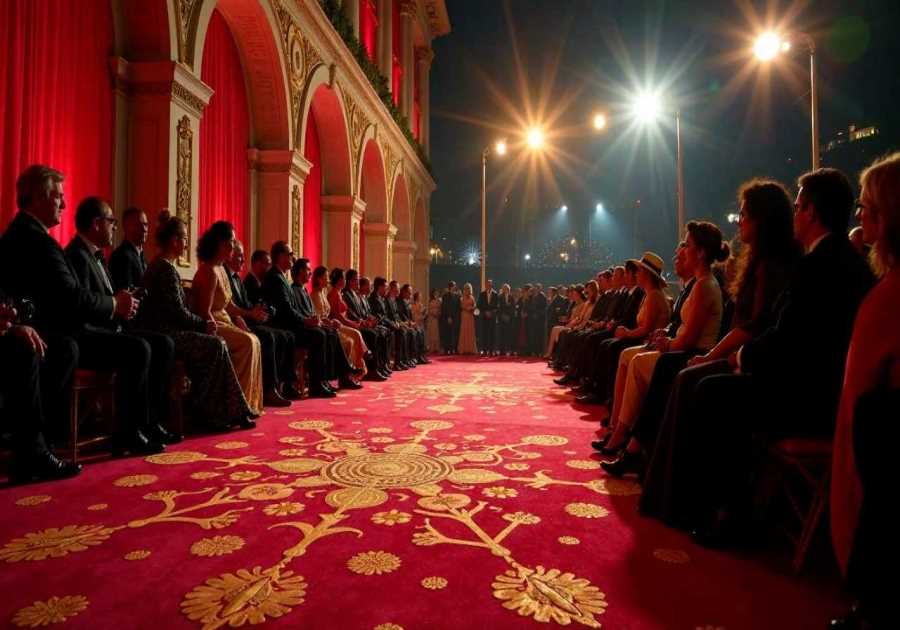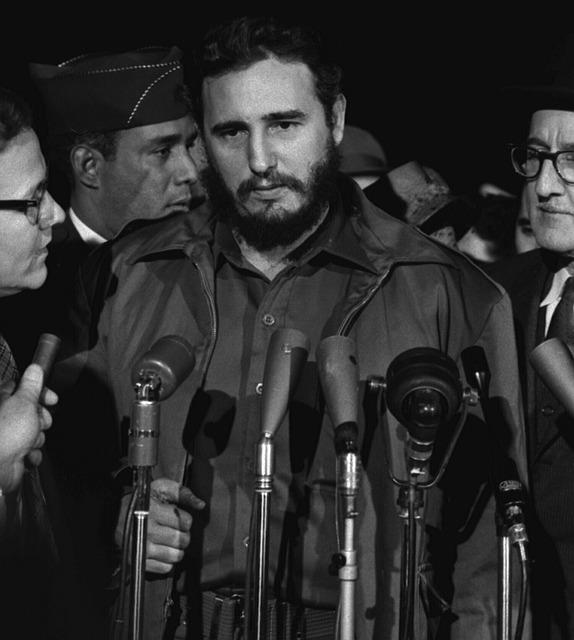
In the realm of political campaigns, there exists a multitude of factors that shape the outcome of elections. From a candidate's image to the intricate process of voter registration, understanding the key focus areas can demystify the complexity of election campaigns.
This article provides an analytical and informative perspective on the top nine areas that demand attention, ranging from campaign financing to media coverage.
By delving into these topics, readers will gain valuable insights into the various facets of election campaigns.
Candidate Image
The cultivation of a compelling and authentic candidate image plays a crucial role in the success of an election campaign. Campaign branding and candidate reputation are key elements that contribute to this image.
The way a candidate presents themselves to the public can greatly influence voter perception and ultimately impact their chances of winning. Effective campaign branding involves creating a clear and consistent message that resonates with the target audience. This includes developing a strong visual identity, such as a logo and color scheme, that reflects the candidate's values and goals.
Additionally, maintaining a positive candidate reputation is essential. This requires building trust through transparency, consistency, and delivering on promises. Voters want to support candidates they perceive as genuine, trustworthy, and capable of fulfilling their responsibilities.
Therefore, a carefully crafted candidate image can significantly influence voter behavior and contribute to campaign success.
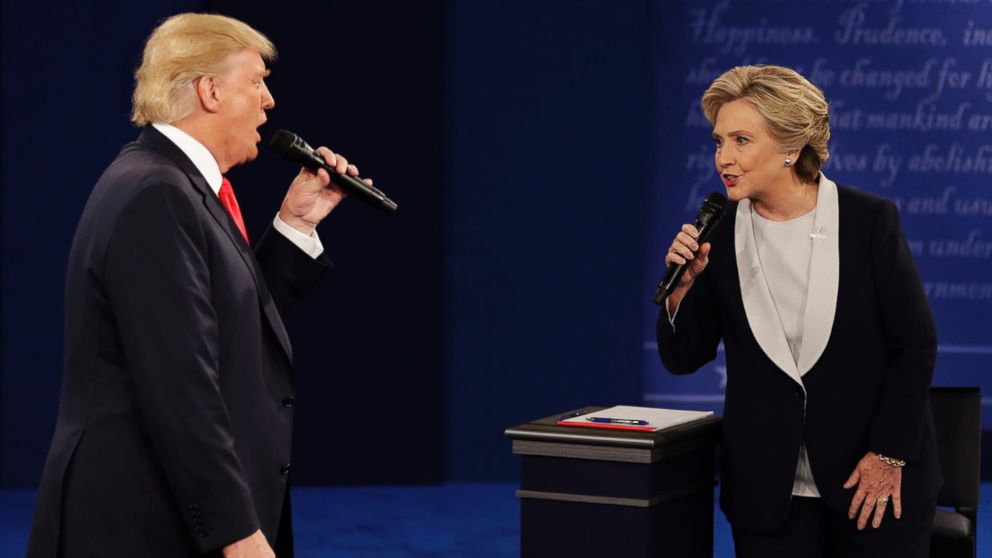
Campaign Financing
Campaign financing is a critical aspect of election campaigns. It is important to consider the role of corporate influence in shaping the outcome.
The influence of corporations on campaign financing raises questions about transparency and accountability. Voters deserve to know who is funding the campaigns of their candidates.
Corporate Influence in Campaigns
One significant factor in election campaigns is the influence of corporations through campaign financing. Corporate donations and campaign spending play a crucial role in shaping the outcome of elections and the policies pursued by elected officials.
Corporations have the financial resources to contribute substantial amounts of money to political campaigns, allowing them to have a significant impact on the electoral process. These donations can be used to fund advertising campaigns, hire campaign staff, and support other campaign-related activities.
The influence of corporations in campaigns raises concerns about the potential for undue influence and corruption in the political system. Critics argue that corporate donations can lead to policies that favor the interests of big businesses over the needs of the general public.
Campaign finance regulations have been implemented in many countries to address these concerns and ensure transparency and accountability in the electoral process.
Transparency in Funding
Corporate influence in election campaigns extends to the issue of transparency in campaign financing. Transparency in fundraising and campaign donations is a crucial aspect of ensuring a fair and democratic electoral process. In recent years, concerns have been raised about the influence of corporate interests on political campaigns through undisclosed or unregulated donations. This lack of transparency undermines the public's trust in the electoral system and raises questions about the integrity of elected officials.
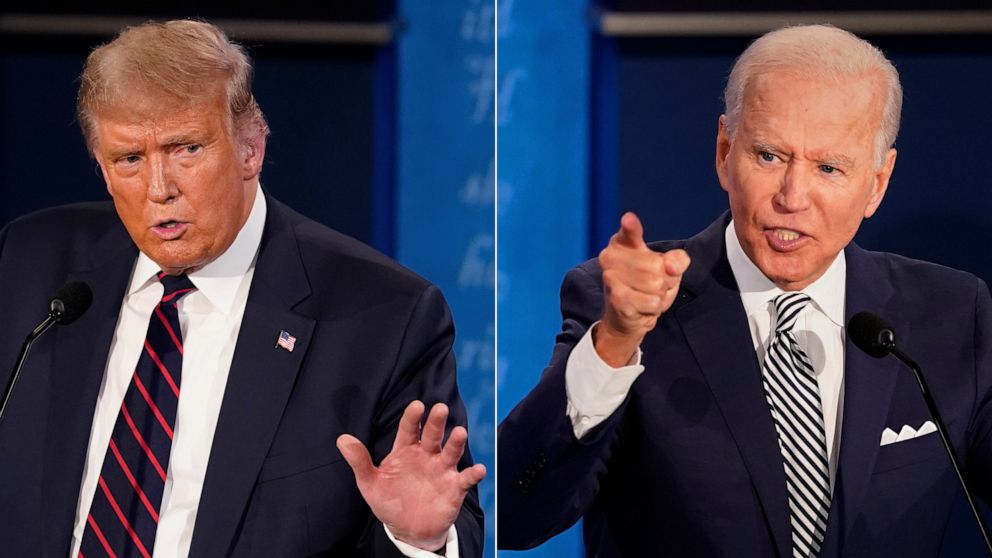
To address these concerns, many countries have implemented regulations and laws that require candidates and political parties to disclose their sources of funding. Additionally, there has been a push for stricter enforcement of these regulations to prevent illegal or unethical campaign financing practices.
Ultimately, transparency in funding is essential for maintaining a level playing field and ensuring that the voices of all citizens are heard in the political process.
Public Debates
Public debates play a crucial role in election campaigns as they provide an opportunity for candidates to showcase their debating skills and persuade voters. Effective debate strategies, such as presenting well-researched arguments and effectively countering opponents' points, can significantly impact voter decisions.
Voters rely on these debates to gauge the candidates' knowledge, communication skills, and ability to address important issues, making it a critical focus area for candidates during their campaign.
Effective Debate Strategies
Candidates must employ effective debate strategies to communicate their message and sway voters during public debates. Strategic communication plays a vital role in influencing public opinion and winning over undecided voters.
To effectively employ strategic communication, candidates should focus on persuasive rhetoric, using language that resonates with the audience and appeals to their values and concerns. They should craft their arguments and responses carefully, anticipating potential counterarguments and addressing them proactively.
It is important for candidates to maintain a confident and composed demeanor throughout the debate, as this can enhance their credibility and appeal. They should also be well-prepared, having a thorough understanding of the issues at hand and being able to articulate their ideas clearly and concisely.

Impact on Voter Decisions
The outcome of public debates has a significant influence on voter decisions, shaping their perception of candidates and ultimately impacting the election results.
Public debates provide an opportunity for candidates to present their policies, values, and plans to the electorate. Voters closely observe these debates to assess the candidates' knowledge, communication skills, and ability to articulate their ideas effectively.
The debates serve as a platform for candidates to address key issues and respond to their opponents' arguments, allowing voters to gauge their competence and credibility.
The impact of public debates on voter decisions can be seen in voter turnout and campaign messaging. Engaging and persuasive performances in debates can motivate voters to participate in the electoral process and support a candidate's campaign.
Furthermore, the messaging and arguments used during debates can resonate with voters, influencing their decision-making process and ultimately shaping the election outcomes.
Political Advertising
Political advertising plays a crucial role in shaping public opinion and influencing voter behavior during election campaigns.
It serves as a platform for candidates to convey their political messaging and campaign slogans to the electorate.
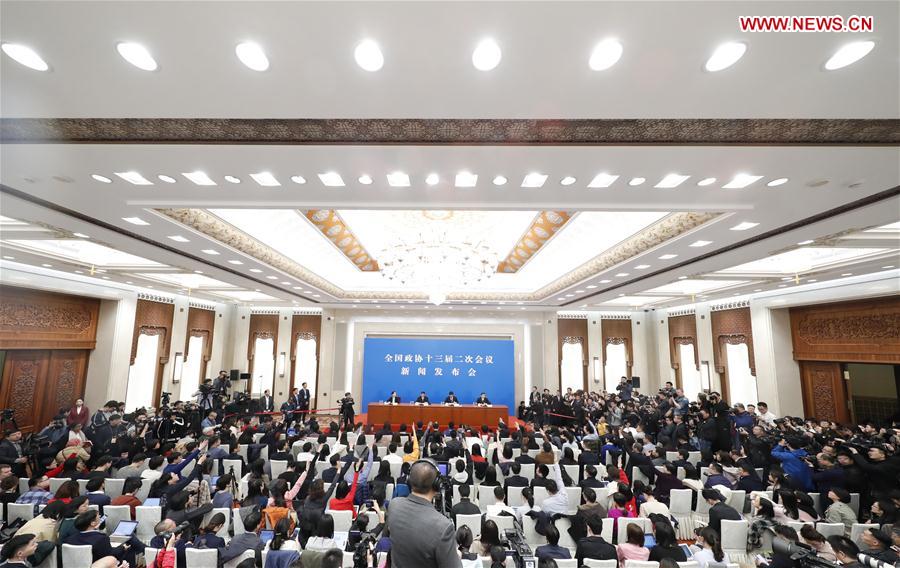
Through political advertising, candidates can communicate their policy proposals, highlight their achievements, and criticize their opponents.
These advertisements are often strategically designed to appeal to the emotions and values of the target audience, with the goal of swaying their opinions and garnering their support.
Whether it be through television commercials, radio spots, social media ads, or billboards, political advertising has the power to amplify a candidate's message and reach a wide range of voters.
However, it is important for citizens to critically evaluate these advertisements and seek out additional sources of information to make informed decisions during elections.
Grassroots Organizing
Grassroots organizing, an essential aspect of election campaigns, involves mobilizing local communities and volunteers to actively engage in promoting a candidate's message and agenda. This strategy focuses on community engagement and local outreach to build a strong support base and connect with voters on a personal level.
Here are two key elements of grassroots organizing:
- Door-to-door canvassing: Volunteers go door-to-door, engaging with voters, discussing the candidate's platform, and encouraging them to support the campaign. This direct interaction allows for meaningful conversations and the opportunity to address concerns or misconceptions.
- Community events and rallies: Organizing public events, such as town halls, community meetings, and rallies, helps create a sense of unity and excitement around the campaign. These events provide an opportunity for the candidate to connect with voters, share their vision, and listen to the needs and aspirations of the community.
Grassroots organizing plays a crucial role in fostering a sense of belonging and empowerment among supporters, ultimately driving voter turnout and influencing election outcomes.

Polling
Quantitative analysis through polling is a crucial tool used in election campaigns to gather and assess public opinion. Polling provides valuable insights into voter preferences, allowing candidates to tailor their messages and strategies accordingly.
By collecting polling data, campaigns can identify key issues that resonate with the electorate and prioritize their messaging accordingly. This data also helps candidates understand the demographic breakdown of their supporters, enabling them to focus their efforts on key voter groups.
Additionally, polling allows campaigns to track their progress over time, measure the effectiveness of their messaging, and make necessary adjustments.
Furthermore, polling provides candidates with a competitive advantage by identifying potential areas of weakness and allowing them to address concerns before they become detrimental to their campaign.
Campaign Strategy
Building on the insights gained from polling data, campaign strategy plays a pivotal role in guiding candidates' actions and messaging to effectively reach and engage with voters. A well-crafted campaign strategy encompasses various elements that contribute to a successful election campaign. Here are two key focus areas within campaign strategy:
- Campaign Messaging
- Crafting a clear and compelling message that resonates with voters is crucial.
- The campaign messaging should highlight the candidate's values, goals, and plans for the community or country.
- Consistency in messaging across different platforms and mediums helps to build trust and credibility among voters.
- Voter Engagement
- Engaging with voters is vital for a successful campaign.
- This involves connecting with voters through various channels, such as social media, community events, town halls, and door-to-door canvassing.
- Building personal connections, listening to voters' concerns, and addressing their issues are essential for effective voter engagement.
Media Coverage
Utilizing strategic media coverage is a crucial aspect of election campaigns, allowing candidates to reach a wider audience and shape public perception. However, media bias can significantly impact the fairness and accuracy of the coverage. It is essential for candidates to navigate through this bias and ensure their messages are accurately conveyed to the public.
In today's digital age, social media has become a powerful tool in election campaigns. It allows candidates to directly engage with voters, share their platforms, and gather support. However, the impact of social media is not without its challenges. The spread of misinformation and the echo chamber effect can distort public opinion.
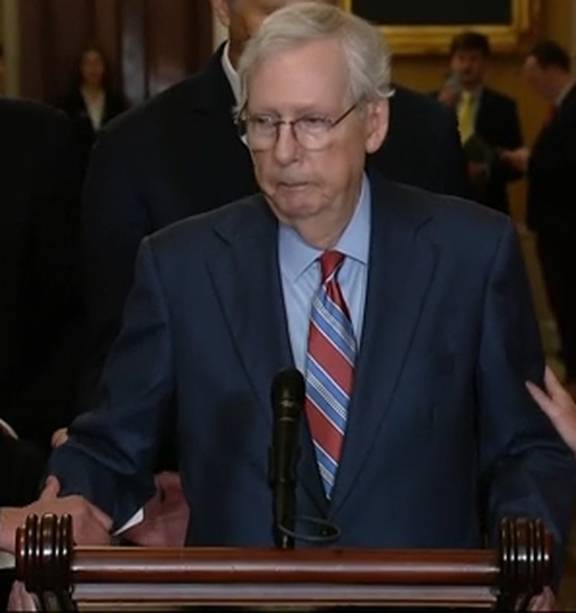
Therefore, it is crucial for candidates to use media coverage and social media platforms strategically, ensuring transparency, accuracy, and inclusivity in their campaign messages.
Voter Registration
To effectively engage with the electorate, candidates must prioritize the task of voter registration by ensuring eligible individuals are provided with the necessary resources and information. Voter registration plays a crucial role in the democratic process, as it allows citizens to exercise their right to vote and have a say in the governance of their country.
Here are two key areas that candidates should focus on when it comes to voter registration:
- Voter outreach:
- Candidates should actively reach out to eligible voters and inform them about the importance of registering to vote.
- They can organize community events, town hall meetings, and rallies to engage with potential voters and provide them with the necessary information and resources to register.
- Voter engagement:
- Candidates should make voter registration a seamless and accessible process by providing online registration options and ensuring that registration forms are readily available at various locations.
- They should also work closely with local election officials to ensure that voter registration information is accurate and up to date.
Frequently Asked Questions
How Do Candidates Typically Choose Their Campaign Team and Advisors?
Candidates typically choose their campaign team and advisors through a careful selection process. They consider factors such as expertise, experience, and compatibility with their campaign goals. The team's ability to strategize and execute effective campaign tactics is crucial for success.
What Is the Role of Social Media in Modern Political Campaigns?
Social media plays a vital role in modern political campaigns, enabling candidates to engage with voters, disseminate information, and mobilize supporters. It also serves as a powerful tool for online fundraising, expanding campaign resources and reach.
How Are Campaign Speeches and Rallies Organized?
Organizing logistics for campaign speeches and rallies involves careful planning of venues, security, and transportation. Speech delivery techniques, such as effective use of rhetoric and engaging storytelling, are employed to captivate and persuade audiences.
What Are Some Common Legal and Ethical Issues Surrounding Campaign Financing?
Transparency is a key factor in addressing legal and ethical issues surrounding campaign financing. Donation limits, set to prevent undue influence, ensure fairness and prevent corruption in the electoral process.
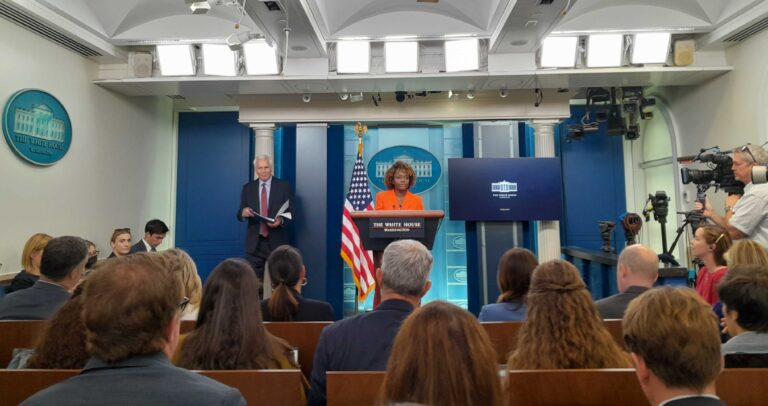
How Do Political Parties and Organizations Contribute to Campaigns?
Political party endorsements and campaign funding play a significant role in election campaigns. Parties can contribute financial resources, organizational support, and strategic guidance, which can greatly influence a candidate's chances of success in the electoral process.




